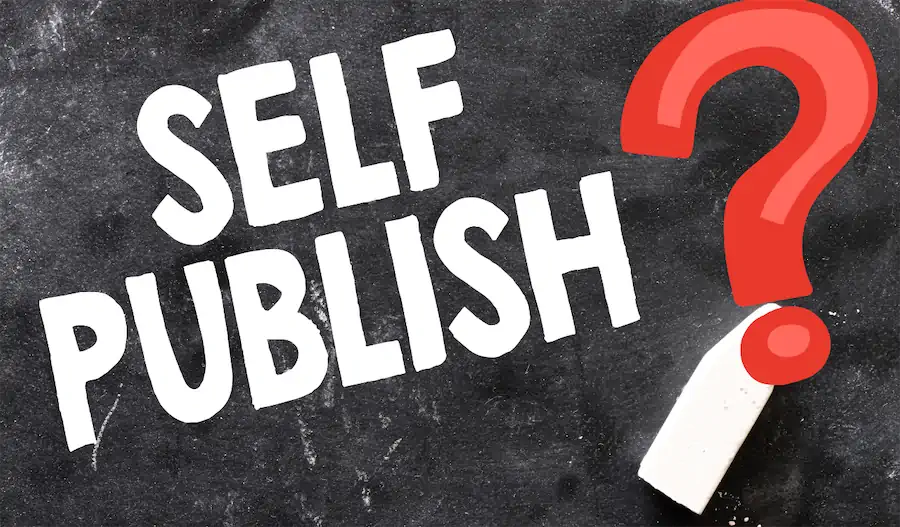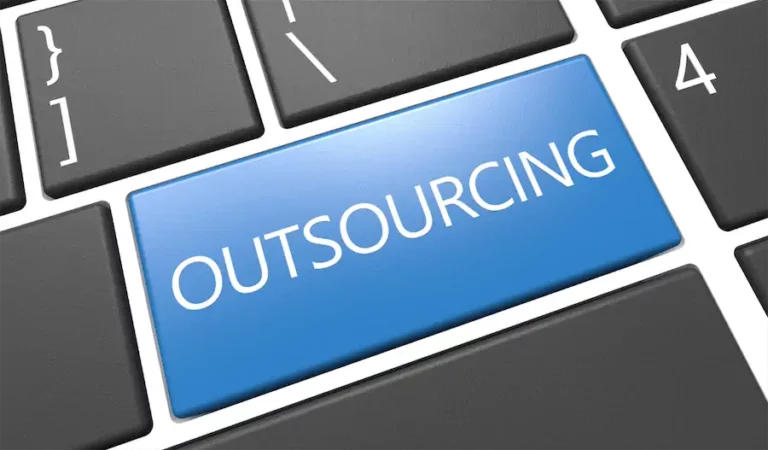Is Self-Publishing Worth It? Here Are Some Pros and Cons
[Disclosure: this post may contain affiliate links, this means I get a commission if you decide to make a purchase through my links. This is at no cost to you. Please read my disclosure information for more details.]
When you go to the bookstore or library and see the hundreds of titles lining the shelves, you may think getting your idea published is easy. After all, enough people get published to fill all those volumes. However, publishing is as challenging and competitive as it has always been.
There are alternatives to going the old-fashioned route when it comes to publishing a book. Many authors have chosen to go with self-publishing (here are some self-publishing tips to get on Amazon), creating digital products to get their works in front of readers.
But is self-publishing worth it? Here are some pros and cons of publishing a book on your own versus the traditional method.
What Is Self-Publishing?
When an author completes the publishing process alone, they have self-published their work. That means that they proofread, edit, and format their book. Then, they design the cover or hire an artist to do it for them. Next, they send the book to print or create ebooks. And finally, they do all of their marketing.
Without the help of an agent or traditional publisher, this can be a lot of work. However, many authors have done it and been successful. But self-publishing can only work if the author is willing to invest a lot of time and energy in the project.
Who Are Some Famous Self-Publishers?
Self-publishing is not a new process. Authors have done a version of it for hundreds of years. Here are some famous authors who have successfully printed and marketed their works.
- Mark Twain’s famous novel, “The Adventures of Huckleberry Finn.”
- Jane Austen’s classic work “Sense and Sensibility.”
- Beatrix Potter’s timeless children’s story, “The Tale of Peter Rabbit.”
- William Strunk Jr’s “The Elements of Style” is required reading in many writing courses.
- Andy Weir’s novel, “The Martian,” was later made into a hit movie starring Matt Damon.
Advantages of Self-Publishing
If you want to ensure the vision you had for your book is what makes it to the page, you can find a lot of perks to publishing it yourself. Here are some of the advantages of taking control of your work.
More Creative Control
Traditional publishers are more concerned with what can make money than your vision. They will push for it if they think you need to change something to make it sell better. Independently publishing your book gives you more control over what you put in it. So that scene that a publisher told you would have to go can stay if you want.
Less Wait Time
Depending on the method you choose to get your book on the shelf, you have very little time to wait to see results. While a publisher will put you on a schedule of books to release in a year, you can see your book getting purchased by customers within hours of completing it.
More Money
When you sign up with a publishing company, many people must get paid before you start earning a paycheck. Newly published authors can look for 25% at the most for their first book. With self-publishing, you could earn up to 70% of the money your book makes.
More Chances To Be Published Later
If you are lucky enough to be chosen by a publisher, it will still be a long time before you become a household name. If you self-publish your first book, you have the opportunity to earn a fan base and some name recognition.
You can use that later to attract publishers. Your first traditional publisher may seek you out instead of the other way around.
Disadvantages of Self-Publishing
While there is an upside to publishing a book on your own, it does not come without challenges. Here are some of the difficulties you could encounter.
It Costs More
When you sign on with a publisher, they take on all the costs. They pay for editing, cover design, printing, and marketing. When you decide to go it alone, you shoulder that burden yourself. The costs can be substantial depending on the route you take, and your book will have to make money to recover them.
You Have No Support
Many first-time publishers become successful because of the support received from people who have worked in the industry for a long time. From proofreaders to graphic designers, they rely on the expertise of others to guide them in their first publishing experience.
With self-publishing, you do not have any of that. What information you can gather by doing your research is not the same as having someone experienced back you up.
Less Visible
A traditional publisher has a huge platform for marketing their books. Bookstores have automatic orders set up with all their titles, they get listed in all of the right places online, and their notoriety makes it easier to be noticed for literary prizes and acclaim.
With self-publishing, your marketing is on you. First, you set up your interviews and social media posts. Then, you call bookstores and talk them into buying copies of your book to sell. It can be hard to do, but not impossible.
Avenues For Self-Publishing
If you choose to self-publish your book, there are a few ways to do it. All of them have pros and cons relating to cost and wait times. When you self-publish, you may decide to do one of the following.
Print your book
This choice is the most costly, and it depends on the success of your book to get a return on your investment.
Print On Demand
With POD services, you can upload your document and begin marketing it. The publisher will print single copies or small orders as orders demand.
Ebook
Electronic publishing is the cheapest way to publish a book. After proofreading and cover design, your book can be available online within hours. Here’s one of my articles on ebooks “Want To Create An Ebook? Here’s How”
Conclusion
Almost all writers get started because they want to be creative and tell their stories. Many of them stop after their first experience with publishing because the business side is not appealing.
However, with self-publishing, writers can control what goes into their books and in front of their readers. With that freedom also comes the stress of making their work a success.







